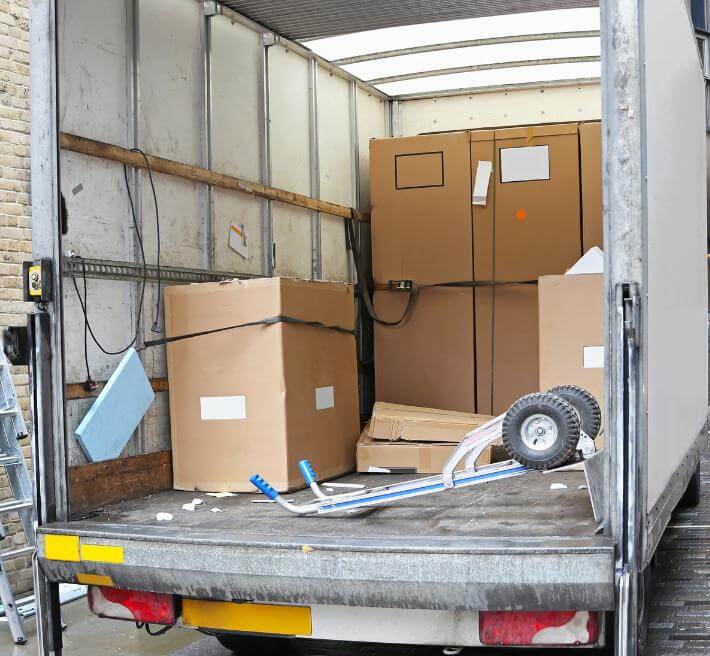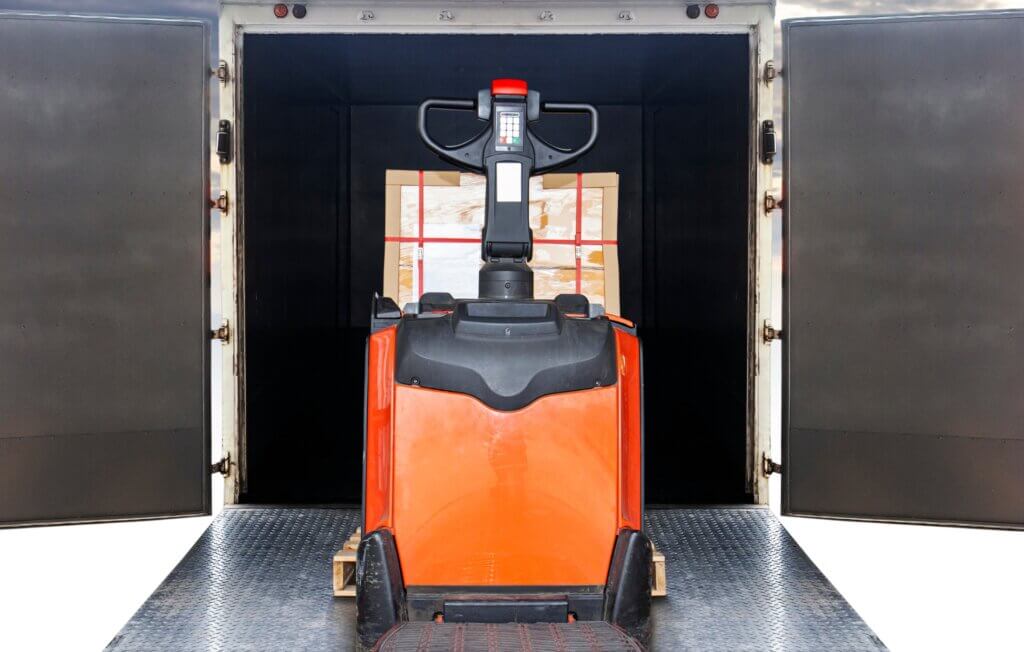Ensuring that your products arrive at their destination intact and undamaged is a given, but oftentimes LTL (less-than-truckload) freight shipments struggle to successfully cross that finish line.
Our LTL shipping service is designed to effectively minimize that risk of damage during transit, reducing the costly losses associated with damaged goods. With our specialized approach to optimizing your shipping and packaging processes, we will help you successfully protect your products so you can maintain customer satisfaction.
We utilize advanced techniques and the proper packaging materials needed to safeguard your products against the rigors of transportation. When we minimize the risk of damage, it simultaneously reduces the need for costly returns and replacements, ultimately saving you extra time, resources and money in the long run.


Freight classification, weight limits, trailer space. Navigating these partial truckload shipment variables can be confusing and can oftentimes lead to poor shipping experiences. At BoldtSmith, we’re constantly creating solutions for the most common challenges that come with LTL shipments.
Freight is often handled multiple times during LTL transit and, due to lower freight density, there is more unused space than most other shipments. This all increases the risk of damage to goods. Improper handling, inadequate packaging, or insufficient protection can lead to this product damage, which results in unnecessary costly returns, replacements, and unhappy customers.
Our customized and special services for LTL shipments allow our engineers to design solutions that reduce damage while also improving other elements like labor expenses or packaging and shipping costs. From bulky items to fragile items, our team keeps product protection top of mind.
Freight and shipping costs will fluctuate based on various factors such as freight class, distance, and carrier availability. Obtaining accurate freight quotes and comparing freight rates among different carriers is essential to ensure a cost-effective way of shipping goods. Understanding the competitive pricing landscape can be a daunting task for businesses seeking to minimize their freight costs while maintaining quality service. With unexpected surcharges and rising fuel costs, freight shipping rates are constantly changing.
Freight delays or lost shipments pose significant challenges for businesses utilizing LTL, as they can disrupt supply chains and impact production schedules. Limited truck space and the consolidation of partial loads by freight carriers may result in costly delays as shipments await sufficient volume to fill a truck. This can lead to extended delivery times and missed delivery dates, causing frustration for customers.
To mitigate these challenges, we work closely with freight carriers to optimize freight flows, ensure timely deliveries, and establish a clear delivery time and expectation. Implementing robust freight solutions, we can help your business proactively monitor shipments and address potential delays or issues in real-time, minimizing the impact on operations.
LTL shipments can actually combine smaller shipments to help maximize truck capacity and reduce the number of trucks on the road, leading to lower fuel consumption and greenhouse gas emissions. Companies who are looking to minimize their carbon footprint can further benefit from holistic optimization, including proper damage protection that will prevent return shipments and lost products. This is part of our NET GREEN ™ approach to sustainability. Through our NET GREEN strategy, we help businesses meet their sustainable goals without jeopardizing other aspects of their shipment management.
















LTL stands for Less-Than-Truckload, which refers to shipments that do not require the use of an entire truck. LTL shipping is ideal for businesses with smaller freight quantities weighing over 150 lbs, or that do not justify the cost of a full truckload. Unlike full truckload (FTL) shipping, where a single shipment fills an entire trailer, LTL shipments are consolidated with other shipments to optimize space and reduce freight shipping costs.
Businesses should consolidate smaller shipments or parcel shipping into larger loads to maximize truck capacity and reduce shipping costs. Investing in quality packaging materials and proper palletization techniques minimizes the risk of freight damage during transit when you aren’t utilizing an entire truckload. Before implementing any method of shipping, you should invest in transit testing to proactively address any issues that may arise, ensuring on-time delivery and customer satisfaction.
When selecting an LTL carrier, it’s essential to consider factors such as transit times, service reliability, pricing, and coverage area. Look for carriers with a strong track record of on-time deliveries and low claim rates for damaged goods. You may also want to consider carriers that offer additional services like advanced tracking and visibility tools, allowing you to monitor your shipments in real-time and proactively address any issues that may arise. Finally, consider the shipping provider’s coverage area to ensure they can meet your shipping needs in the regions where you do business.
Want to keep up with the latest news and alerts from our packaging consultants? Sign up now and stay in the know.
Copyright © 2024 BoldtSmithPackaging.com